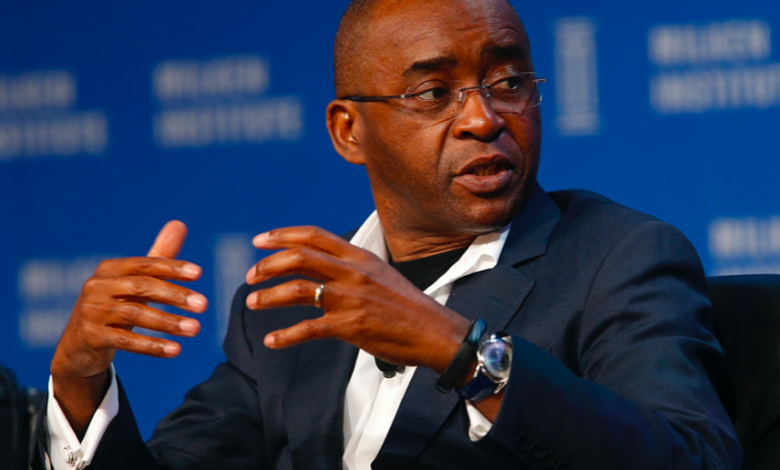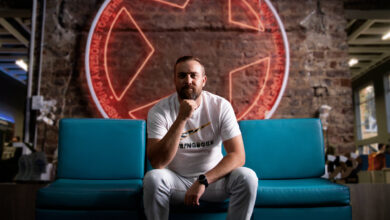3 Things To Consider When Buying Or Selling A Business According To Billionaire, Strive Masiyiwa

I will never forget the first time I sold my business. It was my first company which I started way back in 1986, and it was called Retrofit. It was the largest electrical engineering construction business. It had been doing really well until I got into a dispute with the national telephone company over a new business I wanted to start, which would launch the mobile industry, Econet.
Since the national telephone company was owned by the government, they lobbied that I should not get any work from the government. So the President ordered that I be blacklisted from bidding for tenders in government or any state-owned business. Large private companies also shunned me, because they feared the government. So, I could not find work for the company.
I had two choices: drop the court case and apologize for something I had not done, or sell my business. I chose to sell. I moved quickly, found a buyer, negotiated the price (I got almost nothing for 8 years of my life), and said goodbye to all my staff.
Since then I have sold many businesses, and I have bought even more. Personally, I prefer to buy. Actually I buy businesses almost every single year. Sometimes they are very big. but most of the time they are small. Sometimes I approach someone, or I’m approached to merge one of my businesses… So, I SELL, I ACQUIRE, and I MERGE.
The sale of my first business was what experts call “a distressed sale”. It’s not a nice place to be, if you are the seller! Normally, I prefer to sell, because of a strategic decision.
Big global companies buy and sell businesses, so much that they actually have a permanent team which is responsible for identifying businesses to sell or buy.
A person who says he or she will never sell a business, is considered a weak or immature business person. Do you know why?
This week we have completed a major “Acquisition” through Liquid Telecom. We have bought a data centre business from Africa’s biggest banking group. It was not a “strategic fit” for them, but it was a strategic fit for us, because we want to build our data centre business called Africa Data Centre (ADC).
It was a lot of money for us, and we had to borrow money, and also do “a private placement of shares” to international investors. These are all techniques used all the time in raising money by corporations.
Our leadership team had to do more than 50 pitches in the course of a year to raise the money! As a result of this deal, ADC has extended its position as Africa’s largest data centre company. We are currently building new data centres in South Africa, Kenya, Ghana, and Nigeria.
As you reflect on this post, this is what I want you to think about:
#1. You need to @Knowledge Up, about “mergers and acquisitions” activities in business.
#2. When you read a financial newspaper (which should already be your habit, by now!), or listen to programs on Bloomberg and CNBC Africa, are you able to follow conversations about M&A?
#3. What are the most prominent M&A deals that have happened recently in your own country? Put your comments below. This is homework.
Now all of you know, or are experiencing yourselves, that nearly all businesses are badly impacted by the COVID-19 pandemic this year. Just remember: “Hard times don’t create heroes. It is in the hard times when the hero in us is revealed”…
These are tough times for most all entrepreneurs, everywhere across the world.
Stay strong and of good courage… and #MaskUp!




